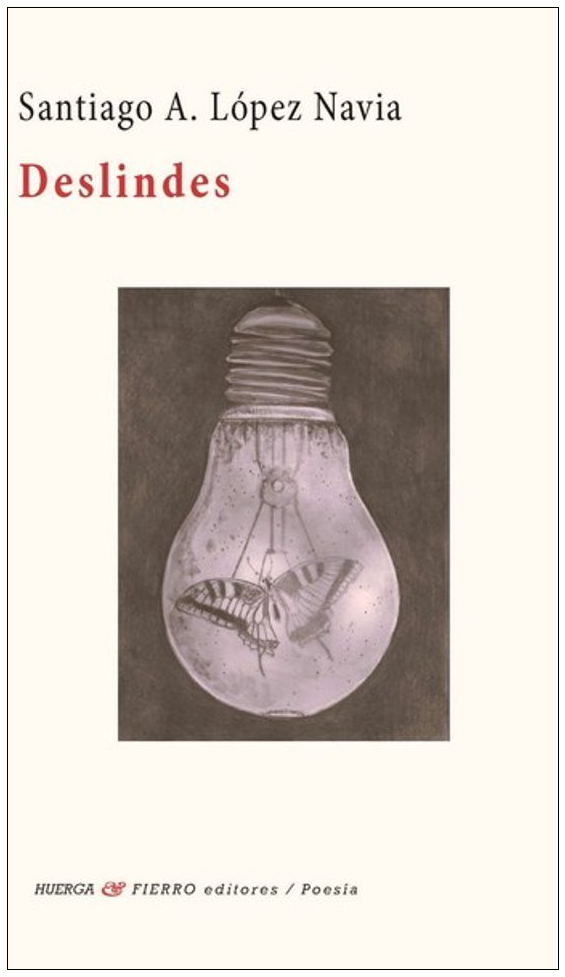
The woke-brain-washing word «genocide» nowadays is parroted ubiquitously in the media by cartoonish spokespersons, well-waged pundits, pig-faced politicians, new-age-inspired maidservants, Harvard bigots, and the like. But ‘tis way problematic, rather a paralogism, «id est», ‘tis a concept shorn of clear objects. This fashionable term, to actually mean something of substance, shall entail the concept of «intentionality», which is subjective, useless in the fair wielding of international laws. But intentions cannot be scientifically tested, therefore, we only may figure out the premises behind ‘em.
As per usual, I’m going to talk in a Kantian manner. Four pure premises, or metaphysical assumptions, embolden genocidal surmises. These surmises are linguistically shaped by the moral community, or social set that shares our own values, in which we’re raised. Then, these social utterances are torn asunder by the too-human dialectical wit, which by instinct always fetches an antithesis for a thesis. This, say, Manichaean mental movement, touching our fireside, plots anthropological myths, which in their turn become the «casus belli» to justify endless social brawls. But let us honeycomb all this.
First metaphysical assumption: human beings have souls, souls which are at the same time both extant and immaterial. The Bible says, for example: «Let us make man in our image» (Genesis 1: 26) (1). Wherefore, we’re itty-bitty shilly-shally gods. God, the pious reader will bethink, has those dim-seen traits. Since we all are part of a moral community, we express such an assumption collectively. We ween that our ill-fancied skill to grok sacred things, say, ghosts, gods, angels, and so forth, gives testimony of some intellectual superiority. Even soaring philosophers, like Thomas Carlyle, make these intellectual mistakes. He wrote that Germany was a «deep-thinking» human group (2).
Hence, the dialectical wit that rules us affirms that the others, who don’t fathom such abstract objects, are mere gibbering irrationals. V. Frankl, in his famous book, said that to be amongst “unintelligible” (3) tongues impairs in the deepest way all kinds of personalities. These two utterances beget an anthropological myth, namely: language is the main badge of high intelligence, or of popular wisdom, as it were. The loreal German word «Volkssprache» (people’s speech) conveys quite well what we are saying. Language, on a regular basis, raises well-nigh unsurmountable social crevices, and ‘tis what distinguishes those who are our friends from those who are our enemies, or at least our outlandish counterparts (4). If we wish to gloss over or efface folks because they don’t speak our mother tongue, then we’ve genocidal desires.
Second metaphysical assumption: the aforesaid souls are the simplest entities we know, and due to this they aren’t corruptible. In truth, we believe this, and the Bible offers us a time-honored instance, that of Job, who was both «perfect» and «upright» (Job 1: 1). But the moral community in which we live hies us to put forth that belief in a communal wise. We stand for, we guess in a holier-than-thou mood, a sort of moral exemplarity. What does George Orwell mean by saying that the English people’ve «respect for legality»? (5) As the reader can see, the weightiest pens are capable of hollowness-dropping.
The said accursed forth-and-back jolting dialectical wit that round-the-clock derails our judgement says, in a faint-heard way, that the others are just a chunk of heathenness, or gold-worshippers, or, as the Nazis put it, «businessmen». The anthropological myth that springs up from this a priori statement runs thus: religion, or a spirit-centered life, is the general tincture of well-organized social sets. The almost Nietzschean thundering term «Götterdämmerung» (gods’ twilight) gathers together the smatterings we’re plumbing down. There’re in the world, we think while upholding afresh a social crevice, hell-bound sinners and beclouded saints (6). Hatred ‘gainst strange tongues and religions is a staple of genocide, we can infer.
Third metaphysical assumption: the souls we’re talking about are unities, unrepeatable objects that easily could be considered as “personalities”, so to speak. The love humankind shows for biographies underlines this assertion. But the moral community which sustains our lives, by tribally caterwauling ‘gainst every kind of egotism, turns the idea of personal originality into the vague notion of cultural uniqueness. Chesterton, whose name under the shape of an adjective represents ideals of reasonableness, with sour words complained because a journalist wrote he wasn’t a Cockney (7). Chesterton grants that, mayhap, he isn’t a humorist. But he’s, he howls, like Chaucer and Dickens and others never-to-be-forgotten quills he unearths, a native of the East West of London. Beyond the pale is the fact that such a brisk Catholic has had those meikle parochial compulsions.
Contrariwise, the dialectical wit holds the others as being a kind of accidental miscegenation. They could be dramatists, humorists, poets, and so on, but never thoroughbred Cockneys. Frankl reminds us that the Nazis stripped all sorts of personalities within their concentration camps by completely shaving the hair and names of their victims. Therein he knew for the first time his “naked existence”. Anon contingent trifles such as haircuts, clothing, accents, the color of eyes and skins are tossed into the sphere of anthropological fallacies in order to hoist the myth christened “Volksgeist” (people’s soul). If we intend to winnow from the planet a group due to the lilting of its vowels, the hallowed symbols they worship, and the phenotype they bear (8), then we’re a little bit of a genocidal fella.
Fourth metaphysical assumption: the above souls are divine, incorruptible, and unique, and by implication, ‘tis impossible for us, frail-looking apes, to imagine something like the high idea of nothingness. We believe our ghost will wander wondrous far yonder death, and by reason of this the Bible time and again chides us thus: «Repent ye: for the kingdom of heaven is at hand» (Matthew 3: 2). Well, the hard-pressing tribe which applauds our naïve beliefs leads us, nay, drags us to ill-limn that we’re partakers of a culture that deserves perennial endurance. Forthwith, nobody could deny it, comes along in the mind of the book-nourished peruser O’Sullivan’s voice, who said that America had a «manifest destiny» (9). Needless to survey the content of that earmarked end.
But the contentious dialectical wit, which never does rest, ponders that the other human settlements shall be either assimilated or annexed or, in a not-no-be-shunned war, annihilated. ‘Twere not the case, these groups could suffer for aye from a «provisional existence of unknown limit», to ply one more time Frankl’s words. Suddenly an anthropological myth takes place: our brethren need demographical and spatial growth to fulfill the figments of the said «destiny». The hellish German term «Lebensraum» (vital space) all the way straddles the noirish concepts we’re ploughing, which furrow social crevices based on moronic quantitative parameters. If we think we’re the chief characters of some welkin to come (10), then our episyllogisms may be good sentences to dash off genocidal harangues. Language, religion and appearance commixed with politics are the grounds of genocide.
Notes:
- (1) The biblical versicles I’m going to quote come from the King James Bible.
- (2) Sartor Resartus, Book I.
- (3) Mans’s Search for Meaning (Great Britain: Rider, 2008). The four quotations from this book that the reader will find, chronologically, are on pages 64, 37, 28 and 78.
- (4) The ancient distinction between “φίλοι”, “friends”, and “ξένοι”, “foreigners”.
- (5) The English People.
- (6) The classical difference atween those who live within a “κόσμος”, in good arrangement, and those who live ‘neath “χάος”, or misguided by dizzy pleasures.
- (7) All Things Considered, Cockneys and their Jokes.
- (8) We think we’re “πνεύμα”, “spirit”, and that our enemies are “σάρξ”, mere writhing flesh.
- (9) Annexation.
- (10) A “βασιλείᾳ” or “sacred kingdom” awaits us, we dream away, whereas hell will immure the obnoxious “γεννήματα ἐχιδνῶν” or “generation of vipers” which gets rid of the Lord.












